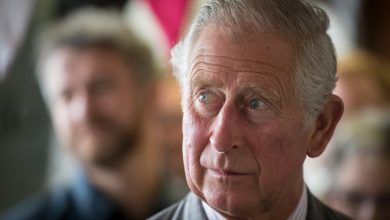Myanmar Junta Extends Post-Quake Ceasefire Amid Mounting Humanitarian Crisis

Myanmar’s military junta has announced an extension of its post-earthquake ceasefire until April 30, in response to mounting pressure from international aid organizations and regional mediators seeking unimpeded humanitarian access to disaster-hit areas.
The announcement, made on Tuesday, follows a devastating 7.7-magnitude earthquake on March 28, which has claimed more than 3,700 lives and left over 60,000 people displaced, now living in makeshift encampments across the country’s central region.
According to the United Nations, more than two million people are in urgent need of aid and protection.
The junta, which seized power in a 2021 military coup and is engaged in a protracted civil conflict with multiple armed ethnic and pro-democracy groups, initially declared a 20-day truce to facilitate relief operations. That truce was due to expire at midnight on Tuesday (1730 GMT).
In a statement issued by the junta’s information office, the military said the ceasefire was being extended to “maintain momentum in the rebuilding and rehabilitation process” in quake-affected zones.
However, it reiterated its right to respond “decisively” if attacked, mirroring the conditional language used when the initial truce was announced.
Despite the ceasefire, conflict monitors and local residents report that sporadic clashes have persisted in contested regions, raising doubts about the truce’s effectiveness. Both sides of the conflict have been accused of violating the fragile pause in hostilities.
Calls for a renewed and genuine ceasefire have grown louder from international aid agencies, regional governments, and humanitarian actors struggling to navigate the complex political and security landscape in order to deliver life-saving support.
In a rare diplomatic engagement last week, Senior General Min Aung Hlaing, head of Myanmar’s military government, travelled to Bangkok for behind-the-scenes talks with Malaysian Prime Minister Anwar Ibrahim, whose country currently chairs the Association of Southeast Asian Nations (ASEAN).
Speaking after the meeting, Anwar revealed that Myanmar’s opposition National Unity Government (NUG) had also pledged to uphold a ceasefire in the wake of the earthquake. “Both parties have given assurances they will do whatever is necessary to avoid an escalation in fighting,” Anwar said.
The extended truce comes at a critical moment for Myanmar, where a complex humanitarian emergency is now layered atop an entrenched armed conflict.
Aid agencies warn that access to vulnerable populations remains dangerously limited, and that further delays could push already fragile communities deeper into crisis.
With less than two weeks until the new ceasefire deadline, all eyes will be on whether Myanmar’s warring factions can uphold their pledges—and whether the international community can help translate fragile commitments into real relief on the ground.





